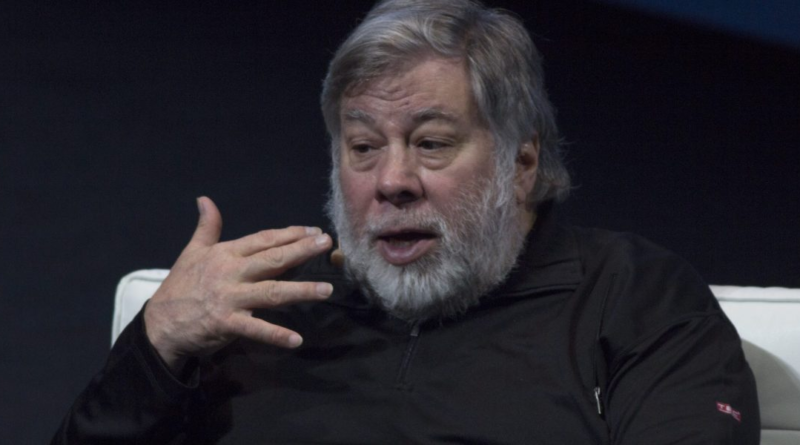Elon Musk is a 'cult leader' like Steve Jobs with one important difference
Elon Musk and Steve Jobs are among the most iconic tech CEOs, and similar personality traits may be the secret behind some of their success.
The tech industry has long been home to cultlike leaders. Executives from WeWork’s Adam Neumann to Amazon’s Jeff Bezos have become famous for their brash leadership styles, risky bets, and focus on appearances, while many others have closely associated themselves with their company’s identity and brands—for better or for worse.
Arguably two of the most successful CEOs, both in terms of how well their companies have done and how they’ve maintained their status, are Musk and Jobs, who died in 2011. Musk has spent years at Tesla, SpaceX, and most recently Twitter, projecting an image of a future-minded leader who can fix global problems. Jobs, meanwhile, used his showmanship and magnetic personality to help Apple build one of the most loyal customer followings around.
The two influential leaders share a talent for salesmanship, but their personalities diverge in one key respect that may mean the difference between building a strong customer base or an increasingly alienated one, according to Steve Wozniak, who cofounded Apple with Jobs in 1976.
“They’re actually very similar, and I don’t like to say that,” Wozniak told CNBC on Thursday.
“I put them in the category of having the ability to communicate and wanting to be seen as the important person and being a cult leader. A lot of people will follow them no matter what they say,” he noted.
Speaking about Steve Jobs’ leadership style, Wozniak said: “He just had a way of grabbing you and following whatever he said.” Since Jobs’ death, researchers have unpacked what made him such a charismatic leader, including his ability to adjust his rhetoric depending on the situation and expert use of persuasion.
Musk has taken a page out of the same book. He often communicates his passion for innovation and optimism for the future, both of which are core to the branding of Tesla and SpaceX, companies that often are trying to sell a story in addition to a product. Musk’s antiestablishment and at times reckless conduct also keeps his many supporters entertained.
“They get beyond the point of really being judged, and a lot of cults are like that,” Wozniak said.
Keeping people entertained and on his side has been key for Musk, who has said previously that he does not consider himself a businessman and has instead painted himself as anti-elite and a “free speech absolutist,” especially since acquiring Twitter last year.
This week, Musk reportedly fired a Twitter engineer after asking him why views of Musk’s tweets had declined recently, according to Platformer. The engineer had responded that public interest in Musk had waned since peaking last April.
But the key difference between Musk and Jobs in terms of how they communicate, at least according to Wozniak, is that customers cannot trust Musk to be honest about his companies or their products.
“A lot of honesty disappears when you look at Elon Musk,” he said, highlighting Musk’s failed promise of full self-driving vehicles, adding that Steve Jobs “wasn’t dishonest in the same way.”
Tesla and Twitter were contacted for this article, although they both have eliminated their public relations departments.
Learn how to navigate and strengthen trust in your business with The Trust Factor, a weekly newsletter examining what leaders need to succeed. Sign up here.

